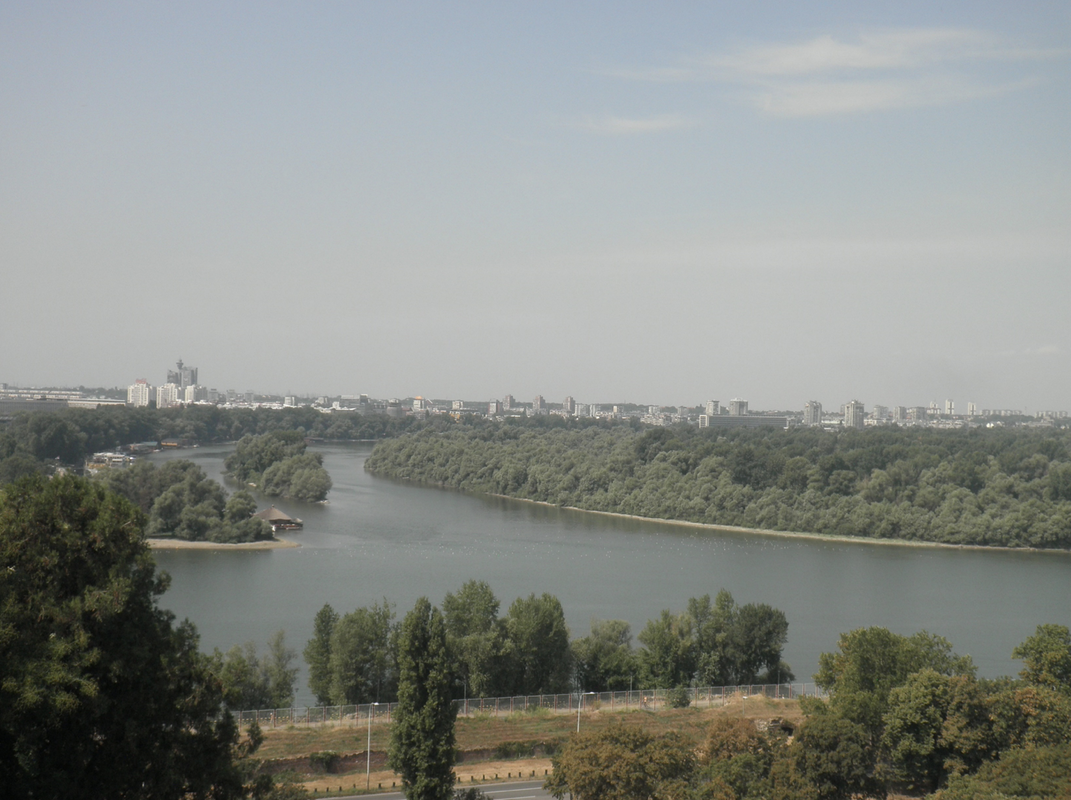|
Dr. Charuta Kulkarni, The Graduate Center, City University of New York (CUNY) Drawing upon pollen, charcoal, and geochemical analyses of two Serbian lakes for the first time, this doctoral dissertation explores the environmental history of the Central Balkan region over the past 600 years, which includes the Little Ice Age (LIA). The extent of the LIA largely coincided with the emergence, rise, and decline of the Ottoman Empire and the beginning of the Industrial Era; all of which deeply influenced the Balkan landscapes. Integrating new Serbian palaeoecological records with other natural and human archives from the region, this project examines a diverse blend of socio-political-climatic "stressors" and traces their profound impacts on predominantly agro-pastoral Balkan subsistence. By statistically analyzing ecological (woodland, land erosion, land clearance, agriculture), social (population, famines) and climatic (droughts, extreme cold years) variables, it discovers adverse effects of the LIA on the Balkan societies and reveals how they responded in transitioning socio-political regimes. These long-term socio-ecological topics are especially relevant today. According to Intergovernmental Panel on Climate Change (IPCC), the Balkan countries are among the most affected regions in terms of a changing water cycle due to extreme climatic events such as increased flooding and droughts. The European Environmental Agency (EEA) also attests that the already hot and semi-arid climate of southern Europe is expected to become warmer and drier, which will threaten its waterways, agricultural production and timber harvests. All this as Serbia’s likely entry into the European Union may put a larger stress on the Serbian society, will present challenges for its economy. The sustainability of agriculture and its resilience in the face of changing environmental and social conditions will doubtless inspire political debates both within and outside the country. These discussions highlight the importance of scholarship that looks deep into the past which provides analogs that help us understand how socio-economic systems function - and how they transform - amid global climate changes. Although the picture is yet far from complete and more palaeoecological work is needed to elucidate the interplays and feedbacks of climate variability in the context of human landscapes and activities in the Balkan region, the Serbian proxy records explored in this dissertation shed new light on the nature of responses and interactions of past societies with drastic climatic events. Dr. Charuta Kulkarni recently completed her PhD from Earth and Environmental Sciences Program, CUNY Graduate Center, New York and is currently searching for research opportunities to extend her environmental history research in Asia, India in particular.
76 Comments
|
Archives
August 2021
Categories |


 RSS Feed
RSS Feed